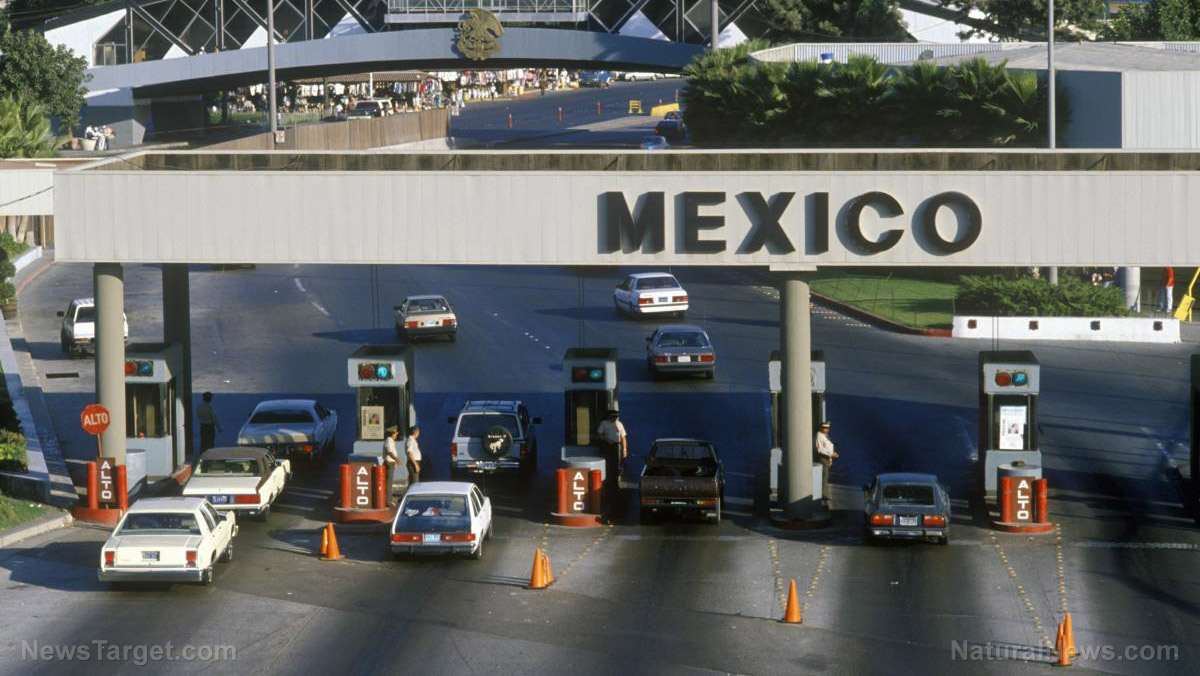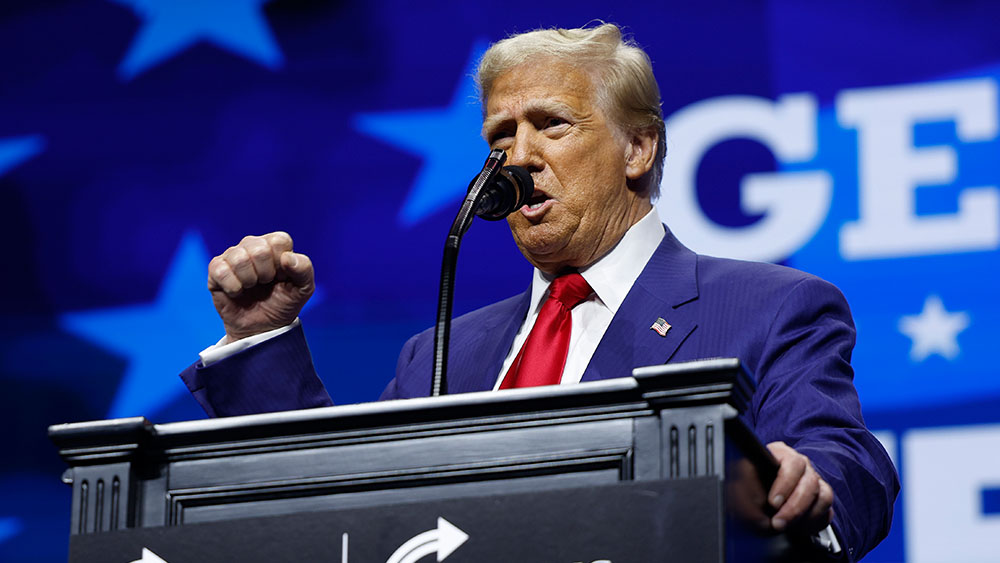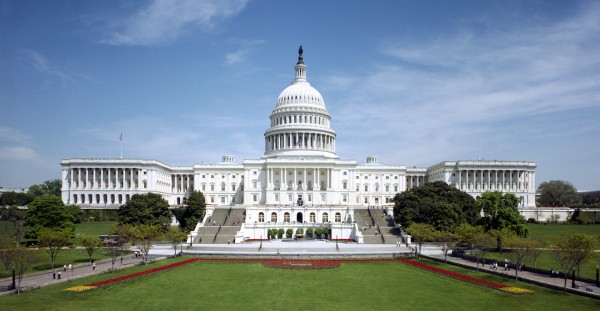 Parler
Parler Gab
Gab
- The 2024 election has reignited debate over Trump's proposal to deport millions of illegal migrants, emphasizing the need for border security and immigration law enforcement.
- Mexico’s government, led by President Claudia Sheinbaum, is actively preparing to receive deportees, with Foreign Minister Juan Ramon de la Fuente spearheading efforts to protect Mexican nationals in the U.S.
- Trump’s transition team is reportedly engaging in back-channel talks with Mexico and El Salvador to lay the groundwork for mass deportations, building on previous successes like the “Remain in Mexico” program.
- Critics warn of humanitarian crises and strained diplomatic relations, but proponents argue that unchecked illegal immigration poses greater risks to public safety, economic stability, and national sovereignty.
- The issue of illegal immigration requires a coordinated international response, with Mexico addressing migration root causes while the U.S. prioritizes border security and enforcement.
Cooperation is key
The cooperation of Mexico and other Central American nations will be critical to the success of any deportation plan. During his first term, Trump successfully negotiated agreements with Mexico, such as the “Remain in Mexico” program, which reduced the flow of migrants at the southern border. These efforts demonstrated that international cooperation is possible when the stakes are high enough. The challenge now is to build on these successes and ensure that our immigration policies are both effective and humane. It is worth noting that Mexico’s government has expressed a commitment to addressing the root causes of migration, such as poverty and violence, to reduce the need for people to flee their home countries. While this is a positive development, it does not absolve the United States of its responsibility to secure its borders and enforce its laws. The two goals—addressing the causes of migration and securing our borders—are not mutually exclusive. In fact, they are complementary, as a secure border allows for more effective and targeted assistance to those in need. The debate over immigration policy is far from over, and the stakes have never been higher. As we look ahead to the 2024 election, it is imperative that we prioritize border security and hold our leaders accountable for their promises. The fact that Mexico is preparing to receive deportees should serve as a reminder that the issue of illegal immigration is not just an internal matter for the United States; it is a global issue that requires a coordinated and resolute response. One thing is certain: The American people agree that the time for action is now. We cannot afford to delay in securing our borders and enforcing our immigration laws. The recent developments in Mexico underscore the urgency of the situation and the need for a comprehensive and effective strategy. Let us not disappoint those who are preparing to receive deportees; instead, let us take decisive action to protect our nation and ensure a brighter future for all Americans. Sources include: InfoWars.com EconoTimes.com MexicoNewsDaily.comTrump’s plan to pardon over 1,000 convicted J6 protesters sparks criticism from Big Government
By Arsenio Toledo // Share
Why Washington still pretends January 6 was an attempted “coup”
By News Editors // Share
Trump’s impending return to the White House fuels fears of retaliation, legal action
By Belle Carter // Share
D.O.G.E.: End the global engagement center
By News Editors // Share
Honduras threatens to expel U.S. military over Trump’s deportation plans
By Cassie B. // Share
Biden’s EV mandates: A tyrannical overreach on American freedom
By Willow Tohi // Share
Governments continue to obscure COVID-19 vaccine data amid rising concerns over excess deaths
By patricklewis // Share
Tech giant Microsoft backs EXTINCTION with its support of carbon capture programs
By ramontomeydw // Share
Germany to resume arms exports to Israel despite repeated ceasefire violations
By isabelle // Share









